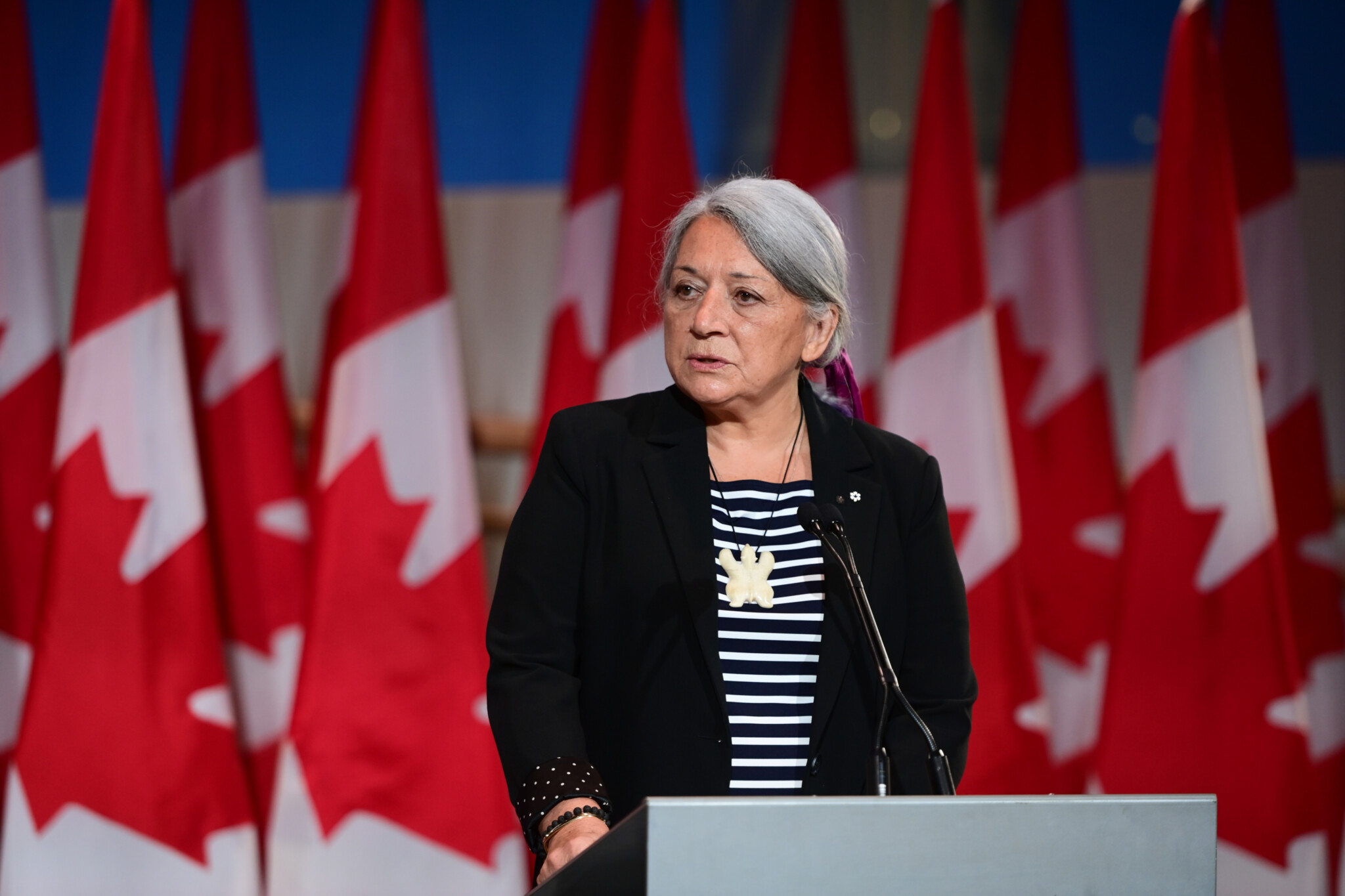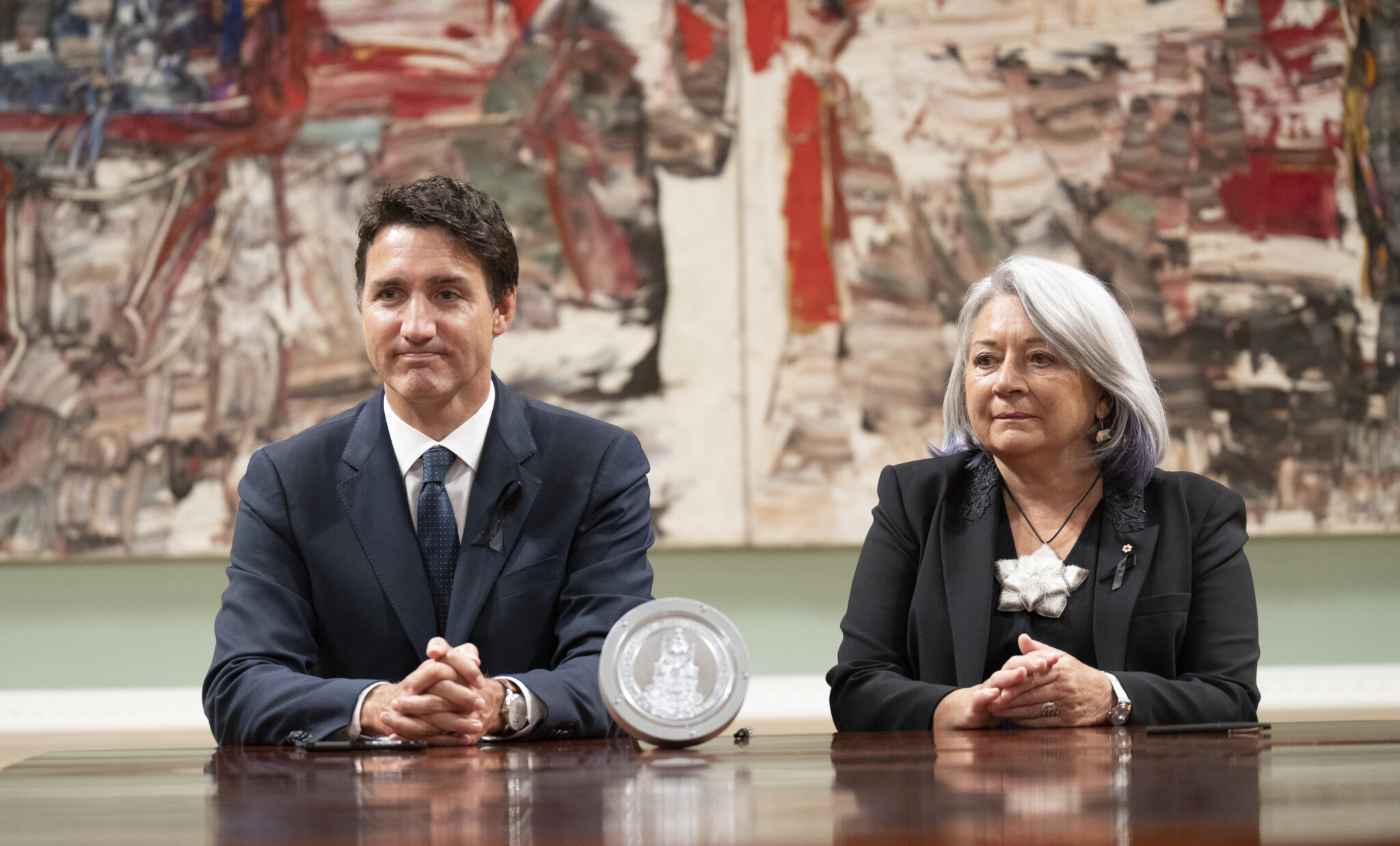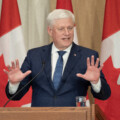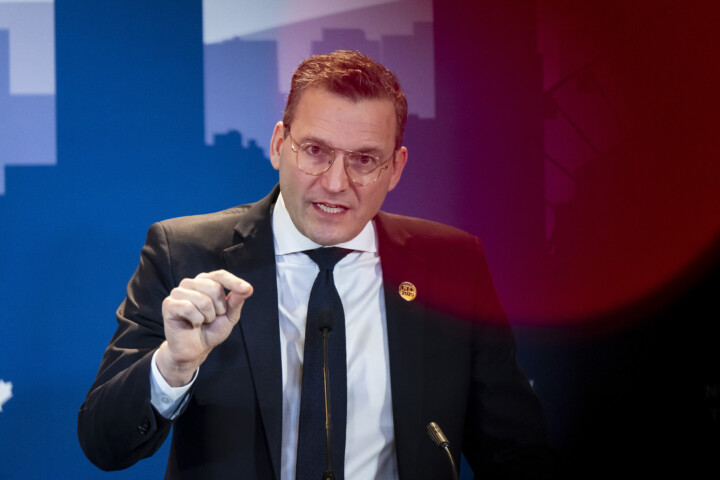Of all the options facing Justin Trudeau, the most interesting would be to announce that he intends to resign and to ask the Governor General to prorogue Parliament so that the Liberal Party can hold a leadership contest to choose a new leader. Trudeau could then either stay on as prime minister until his replacement is sworn in or the Liberal caucus could choose an interim leader, who would be a full-time prime minister (there is no such thing as an interim prime minister) until a permanent leader is chosen.
Two leading constitutional theorists whose work I respect have been quoted in the media endorsing such a plan as constitutional. University of Ottawa professor Philippe Lagassé has said that “[a] leadership race is a perfect excuse to prorogue,” while University of Waterloo professor Emmett Macfarlane has advised, rather more cautiously, “that the Governor-General could be convinced to allow a prorogation if it was a relatively short delay to allow for a Liberal leadership change, followed by a confidence vote when the House resumes.”
I am not so sure. At the very least, I would like to know what a “short delay” means before agreeing. Under normal circumstances, I would agree that it would be appropriate to hold a leadership race to choose the sitting prime minister’s replacement. We have recent examples from the U.K. of a governing party choosing a new prime minister mid-stream: that is how Theresa May replaced David Cameron, Boris Johnson replaced May, Liz Truss replaced Johnson, and Rishi Sunak replaced Truss. But these are not normal circumstances.
A key difference is that in each of the U.K. examples there was no question that the Conservative government had the confidence of the House of Commons at the time the prime minister announced his or her intention to step down and in each case there was good reason to believe that whoever replaced the outgoing prime minister would also be able to command the confidence of the House. That is not the case here, and that is why proroguing to avoid meeting the House during a leadership race would be constitutionally unsound.
It is true that Trudeau won a confidence vote less than a month ago with the support of NDP MPs, but since then Jagmeet Singh has released a public letter saying that “the NDP will vote to bring this government down…No matter who is leading the Liberal Party.” The Governor General should not take Singh’s word at face value (no Canadian should do that!), but nor can she ignore the letter altogether, especially Singh’s stated intention to bring down the government no matter who the prime minister is.
Singh’s letter means there is good reason to believe that, while Trudeau may have carried the confidence of the House when it rose in early December, he would not do so if a confidence vote were held today, or when the House is scheduled to return on January 27th. Even more importantly in the context of a proposed Liberal leadership race, it gives the Governor General good reason to believe that whoever wins that race also would not be able to secure the confidence of the House.
Combining these two factors adds up to a serious constitutional problem. Together they would mean a Liberal leadership contest during which the government’s constitutional legitimacy would be in doubt without the prospect of that doubt being lifted at the end of the process. In some cases it may be useful to prorogue to take the time to resolve a case of constitutional uncertainty, which is what happened in 2008, but it is not appropriate to prorogue when doing so would simply prolong the uncertainty.
For a Liberal leadership contest to avoid leaving the government in a prolonged period of constitutional limbo, it should take place after the outgoing prime minister has established to the Governor General’s satisfaction either that his government has the confidence of the House or that whoever is chosen as his replacement would. If he cannot meet one of these conditions, especially the second, the request to prorogue is an exercise in extending the constitutional limbo rather than curing it.

Mary Simon speaks during an announcement at the Canadian Museum of History in Gatineau, Que., on Tuesday, July 6, 2021. Sean Kilpatrick/The Canadian Press.
The problem becomes more serious the longer the uncertainty lasts. A request to prorogue to swap in a new interim leader, as Liberal eminence grise Eddie Goldenberg has suggested, would only require a very short prorogation, after which the Governor General should insist that the new prime minister immediately test the confidence of the House. Under that scenario, certainty one way or another would be provided quickly when the House either supported or defeated the government.
Writing in his Substack, Macfarlane has approved such a plan: “If the PM does decide to make way for someone else, a prorogation would be entirely appropriate to allow for a quick transition to an acting Liberal leader and new PM.” Although he does not say what “quick transition” means in this case, he is probably right that the Governor General would grant a request to prorogue under these conditions. But I disagree that it would be “appropriate” when there is good reason to believe that the new leader would not be likely to secure confidence.
A full leadership race raises even trickier problems, the first and most important of which is that it is unlikely to be quick. I am not an expert on the Liberal Party constitution, but according to my reading of sections 45 and 46, a vote could not be held in less than three months. That is too long to keep a fractious Parliament at bay and a restive country waiting, especially given the doubt cast by Singh on the viability of the ultimate winner.Lagassé also notes that the government may run out of funds by the end of March, which may be another external barrier to a long prorogation. It is also longer than the time it would take to hold a general election, which would have the clear benefit of providing actual certainty.
At times like this, an election is the Westminster system’s way to cut the Gordian knot of constitutional uncertainty. If there has been a recent election, it may be appropriate for the Governor General to avoid putting the country through another one if there is an alternative leader she thinks may be able to form a government that commands the confidence of the House, but in this case, it has been more than three years since the last election. Dissolving Parliament and letting the people elect a new parliament would be the best way to reset a compromised government.
That does not mean, however, that that is what the Governor General will do. By convention, the Governor General accepts the advice of the prime minister. If he advises prorogation, then the Governor General has very little discretion to deny the request. She may push back privately, but if the prime minister insists on getting his way, she must acquiesce in all but the most extreme circumstances. And those circumstances are so exceptional that you can count on one hand the number of such crises in the history of all Westminster governments.
Right now, Trudeau still has several options, including doing the right thing and asking the Governor General to call an election himself. Others might stretch constitutional propriety or even violate constitutional norms, but likely would not produce a full-blown constitutional crisis. These include a short prorogation—days or weeks, not months—either to try to cling to power by buying off the NDP and mollifying his own MPs or to swap in an interim leader. Both of these would avoid a crisis because they would involve promptly testing the confidence of the House.
However, if Trudeau refuses to meet the House as scheduled and instead demands an extended prorogation to hold a full Liberal leadership contest, which in light of Singh’s letter cannot provide the Governor General with reasonable assurances that the new leader will be able to secure the confidence of the House when it finally ends, then that would be an extreme circumstance justifying exceptional action by the Governor General. In that case, she should “have the strength to force the moment to its crisis” and resign. Would she? I doubt it. But she should.










